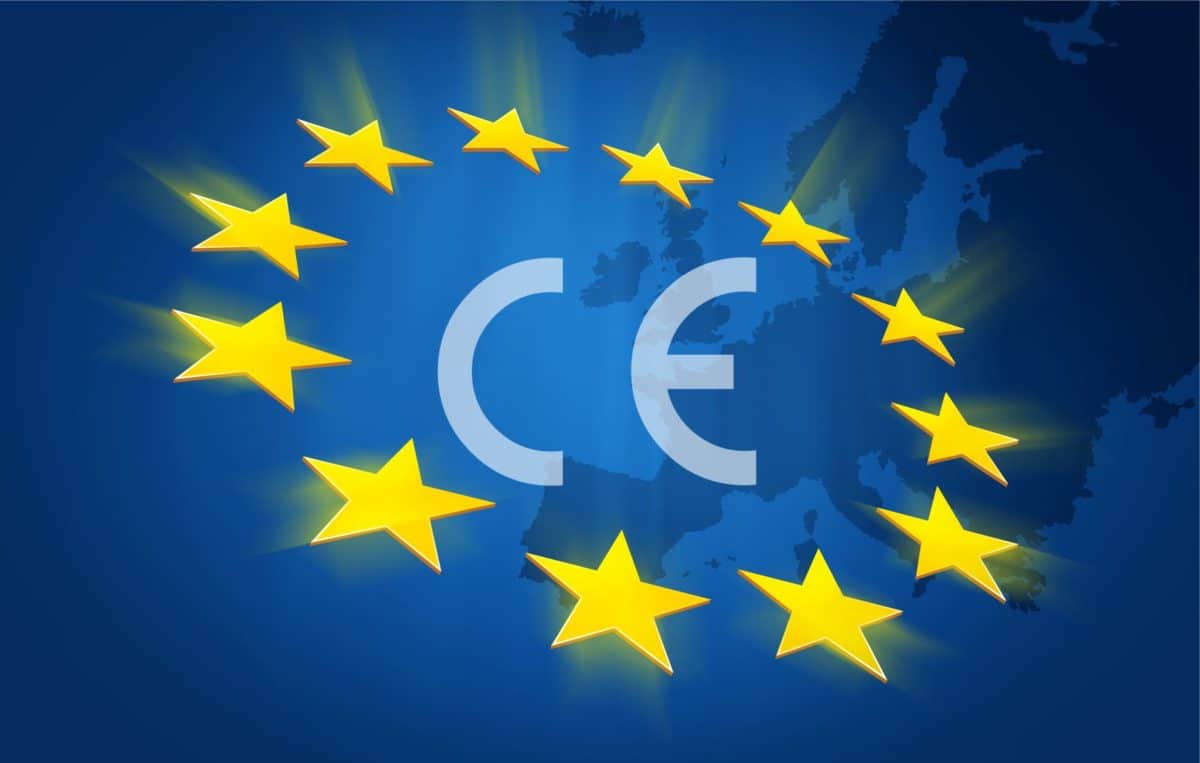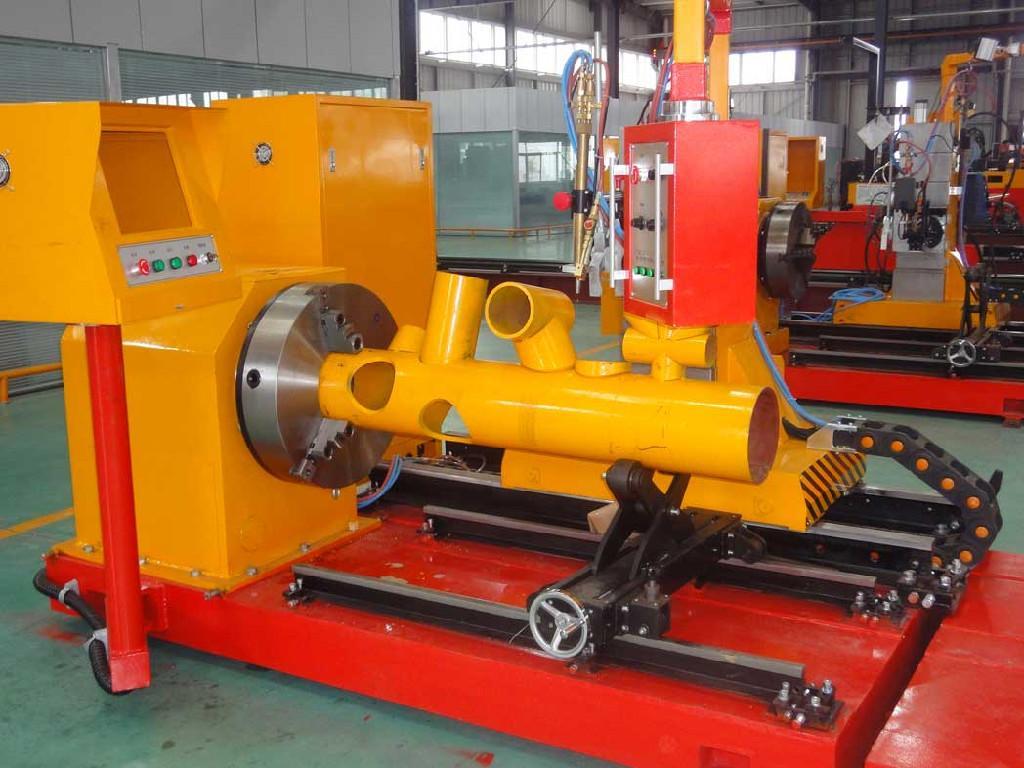Import of machinery
CE marking is a responsibility of companies that place machinery on the market for the first time within the European Economic Area (EEA). This means that when a machine is imported from outside the EEA, the importer is responsible for the CE marking of the machine.
The reason for this is that machine manufacturers outside the EEA cannot be held accountable and responsible on the basis of European regulations. This is only possible for companies located in the member states of the European Economic Area.
Nevertheless, it may be necessary or interesting to import a machine from outside the EEA.


Importing machinery from outside the EEA
When importing machinery from outside the EEA, the importer has certain obligations in the context of CE marking according to the New Approach.
Obligations
- the importer may only import a machine that bears the CE marking, to be affixed by the manufacturer outside the EEA;
- the importer must subsequently satisfy himself that the CE marking has indeed been affixed on the machine correctly. In other words, the importer must himself examine whether the machine is sufficiently safe and satisfies the essential health and safety requirements of the various directives.
- The importer must be able to present the technical documentation of the machine to the inspection authorities.
It is therefore essential to make sound agreements with the manufacturer outside the EEA. After all, the above means that the manufacturer must be prepared to make all the ins and outs of the machine public and to hand it over to their customers. It will be clear that many companies are not willing to do this. This can therefore only be properly guaranteed contractually in the purchasing process.
Our advice is: if a manufacturer from outside the EEA is not prepared to do this, do not import the machine in question.
No formalities
However, these are not formalities. The importer must be certain that the manufacturer has actually manufactured the machine in accordance with European standards. If this is not the case (unfortunately, we see this very often with machines from China), the CE mark is wrongly affixed and the machine can be withdrawn from the market.
Importing machines and CE marking should not be underestimated.
It is therefore advisable to make clear contractual arrangements with the manufacturer about the possible adverse consequences of
- the misuse of the CE marking (“only placing CE-stickers”) while the machine is not made according to the European standards;
- the provision of technical documentation if requested by an inspection body.
We can assist you in the procurement process by verifying how your manufacturer has designed his machine outside the EEA.

